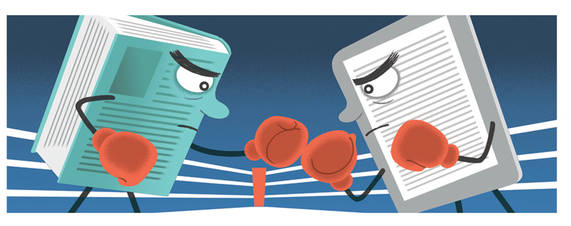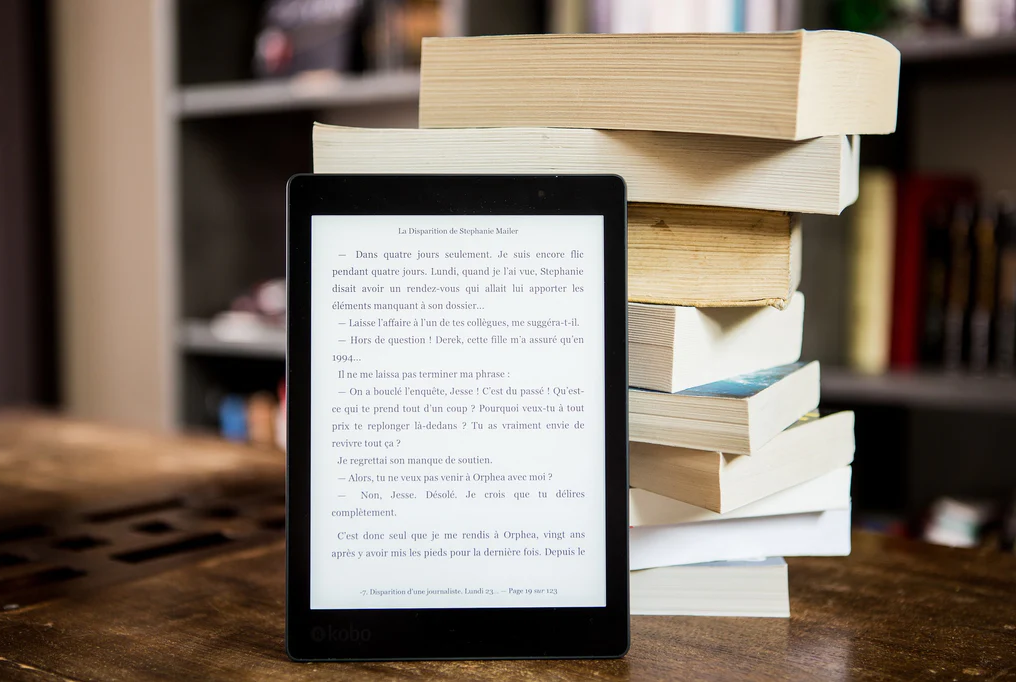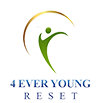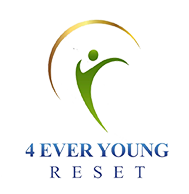3 minutes read time
Print Books vs eBooks: Which is Better for Nutrition Education?

With all the negative chatter in the world today, I try to promote and circulate positive, informative, uplifting, and helpful content.
So here we go…
Explore the advantages and disadvantages of print books and eBooks in the context of nutrition education. Learn how reading habits and learning preferences are impacted by the format of the material.
Nutrition education is crucial for maintaining a healthy lifestyle. The way we consume this information has changed dramatically in recent years. With the rise of eBooks, many people have switched from traditional print books to digital formats. But is this shift beneficial for nutrition education?
In this post, we will explore the advantages and disadvantages of print books vs eBooks, and examine their impact on reading habits and information retention.
Advantages of Print Books:
Physical Characteristics: Print books have a certain tactile and sensory appeal that eBooks cannot replicate. The feel of paper, the smell of ink, and the ability to physically flip through pages all contribute to a more immersive reading experience.
Impact on the reader: A variety of laboratory studies stated you absorb more information from printed paper books versus tablets. Studies have shown that reading print books can improve focus and concentration, which are essential for understanding complex nutritional concepts. Additionally, print books are less distracting, as they do not have built-in notifications or the temptation to multitask.
Comprehension: Immersion in the material and understanding the narrative was higher with print readers. Scientists believe this effect is related to the tactile sensation of holding a book in your hands. It was also confirmed it is easier to go back and confirm information that you may be unsure of without losing your place and having to scroll or click back on your device. This is an important point with How To Live A Long Healthy Life Vol1 Eating For Longevity due to the vast degree of information.
Easier on the eyes and brain
Light waves known as “blue light” radiate from all screens, TV’s, computers, tablets and cellphones. Blue light negatively affects, both the quantity and quality of sleep.
Blue light dramatically increases eyestrain.
A study by the Guardian found that readers could recall information better than the exact information from an e-reader. This meant overall enjoyment and keeping up with the plot or material was much greater with the print version.
A much longer shelf life
The life of an iPad or tablet typically is between 5 to 10 years obviously based on the care given to the device. On the other hand, a print book is yours for life. And the information found in How to live a long healthy life is intended to be referred throughout the rest of your life.
Advantages of eBooks:
Convenience and Portability: eBooks can be easily stored on a single device and accessed anywhere, making them convenient for busy individuals. Additionally, eBooks are more portable than print books, which can be cumbersome to carry around.
Accessibility and Interactivity: eBooks offer features such as text-to-speech, adjustable text size, and built-in dictionaries, making them more user friendly for individuals with visual or reading impairments. Additionally, eBooks can include interactive elements such as videos and animations, making them more engaging for visual learners.

Conclusion:
In conclusion, both print books and eBooks have their own unique advantages when it comes to reading. While print books provide a more immersive reading experience, eBooks are more convenient and accessible, for example dozens of books can be store in one device. Ultimately, the choice between print books and eBooks depends on the individual’s reading habits and learning preferences. It is important to consider the format of the material when studying nutrition education and opt for the one that works best for you.
Of all the studies that have been done, comparing print books to e-books there appears 3 common denominators:
The first is that print books are better for your health than e-books due to the fact, the reader is not exposed to blue light.
The second is readers report a greater sense of achievement and satisfaction when completing a physical book versus an e-book.
Thirdly the information absorption and retention is greater with print books.
If you would like more practical tips on how to life a long healthy life, also known as real facts real results you will find more in our blog section.


